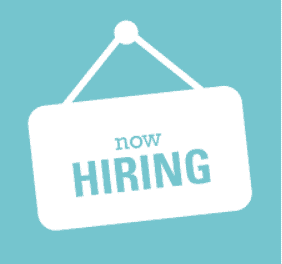Sometimes the courts make decisions that people think just make no sense. I think the case where unfriending someone on Facebook was held to be workplace bullying is one of those cases.
I recently ran a workshop for a panel discussion with two other experts about social media. Of course, I was talking about the legal implications of social media.
The other experts (and participants) were stunned to learn of a case that I told them about where somebody unfriended a workmate on Facebook and a court found that this amounted to workplace bullying.
Anna and Betty had been working together for a while and had a severe argument at work. The argument was a rather nasty on and related to their work. At the time of the argument they were Facebook friends.
Anna, rather sensibly I thought, decided to unfriend Betty from Facebook. She did this so that the situation would be de-escalated and that the argument would not continue online.
Betty anticipated that things might continue online and hopped onto Facebook to see what bad things Anna might be saying about her. Instead, Betty discovered that she had been unfriended by Anna.
Unfortunately, Betty being an oversensitive soul, was furious that she had been unfriended by Anna. Betty complained to her manager that Anna had unfriended her on Facebook. The manager said that what happened on Facebook was a private matter and had nothing to do with the business.
Betty was so furious that she had been unfriended as a result of a workplace argument, that she took the matter to the Ombudsman and complained of workplace bullying.
In a result that surprised many, the Ombudsman decided that the fact that the business owner had allowed the one employee to unfriend the other on Facebook was a breach of their requirement to provide a safe working environment. The Ombudsman, therefore, found the business owner that is the employer responsible for allowing workplace bullying.
This case is an alarming tale, and a cautionary one, for all business owners.
It might be surprising that:
- Something that we consider to be private, such as a personal Facebook page, and how an employee behaves on their page, can be the subject of an employment dispute; and
- The business owner can be held accountable with a large fine, if one employee unfriends another after a workplace argument, even where
- The unfriending occurred after work, in the employee’s own time and from her own home.
This does show that the lines between personal and private are very blurred in the digital world. It also shows one of the reasons that I believe it is essential for all businesses to have a social media policy as soon as there is more than just the business owner in the business. I now include the issue of social media policy in my half-day “Bulletproof Your Business” workshops (the next one is coming up in Brisbane in June or Melbourne in July)
- Book a free 15 minute telephone consultation with Cathryn by clicking this link to Cathryn's calendar
- Cathryn Warburton is the Legal Lioness. Finding the courage to overcome severe bullying as a child instilled in her a passion to protect others. As a skilled litigator, she indulges in her dream to push-back against business-bullies who target her clients. She is an international award-winning lawyer and patent attorney and 4-time published author. Cathryn bullet-proofs her client’s businesses and gets them out of legal hot water. She champions the goal that no business is left without access to affordable, easy-to-understand legal information. She does this through her books, legal workshops and 1-2-1 legal services.
- Please note that this blog is provided for general informational purposes only. Each legal situation differs. Reading this blog cannot replace obtaining specific legal advice. We recommend that you obtain legal advice for your specific situation.





